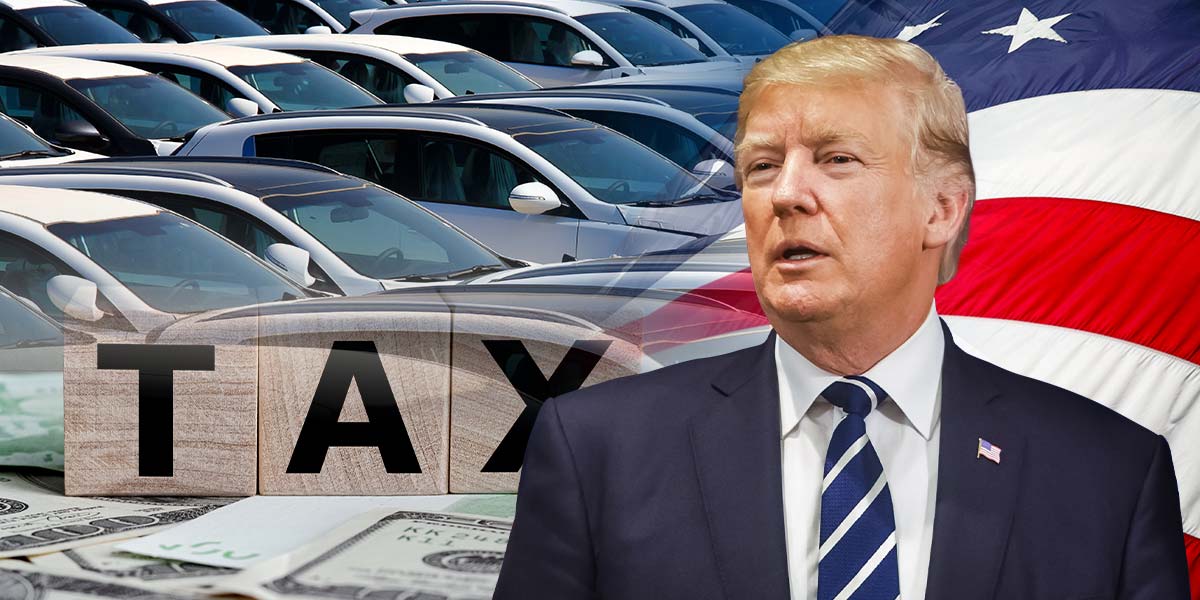Although the U.S. President Donald Trump has announced to postpone the imposition of reciprocal tariffs for 90 days, he still continues allowing the 25% tariffs on autos and auto parts to take effect, drawing criticism from Michigan business and other automakers.
The Detroit Regional Chamber and Michigan Auto stated that their international supply chains and employees are being impacted by the uncertainty and disruption of Trump’s trade policies, weakening their capabilities to compete on the global scale.
An automotive advisory firm based in Detroit, Telemetry, speculated that if trade war escalates, the sales of U.S. and Canada auto this year could drop by 1.8 million vehicles before becoming stagnant over the next decade.
Several automakers have already taken actions to minimize the effect, such as Stellantis. The Chrysler-parent already closed two of its manufacturing plants in Mexico and in Canada and temporarily laid off 900 U.S. workers operated at five U.S. facilities.
Beside the tariffs on autos and auto parts, Trump also keeps other tariff policies in place, such as the 25% tariff on steel and aluminum and the 25% tariff on Canada and Mexico, which seem to have an impact on the automakers.
Regarding the tariff on Canada, the U.S. originally stated that the nation will be included among U.S. trade partners that are subjected to a 10% baseline tariff. That decision, however, was later reversed. Canada, along with Mexico, will continue facing the 25% tariff rate.





